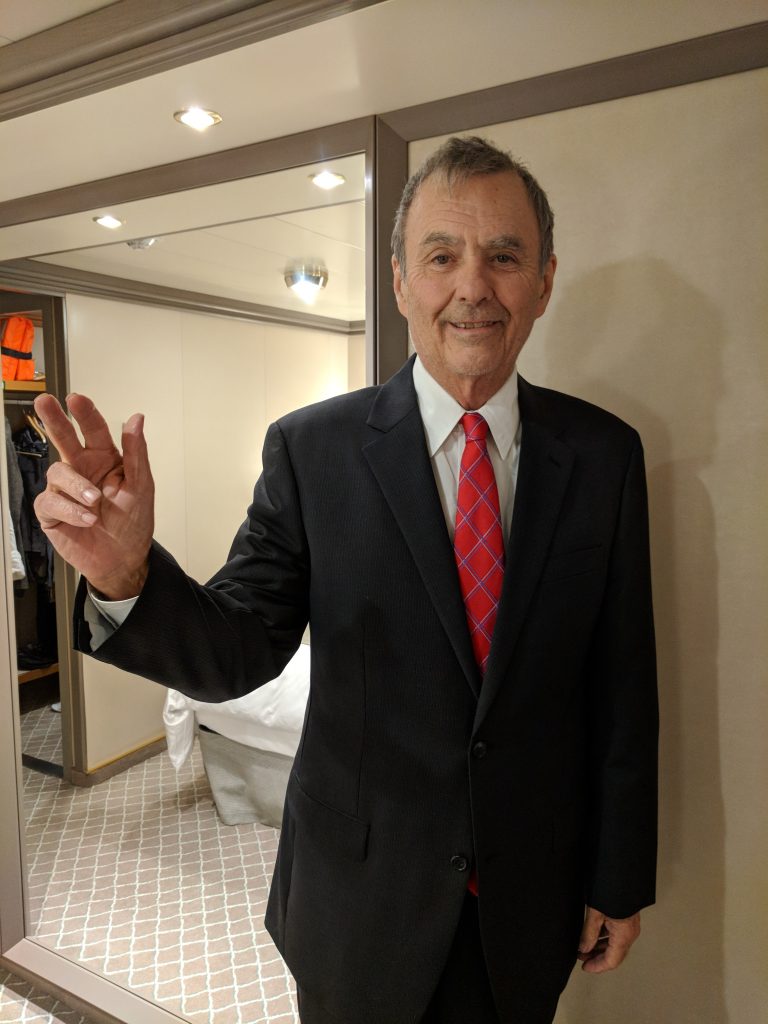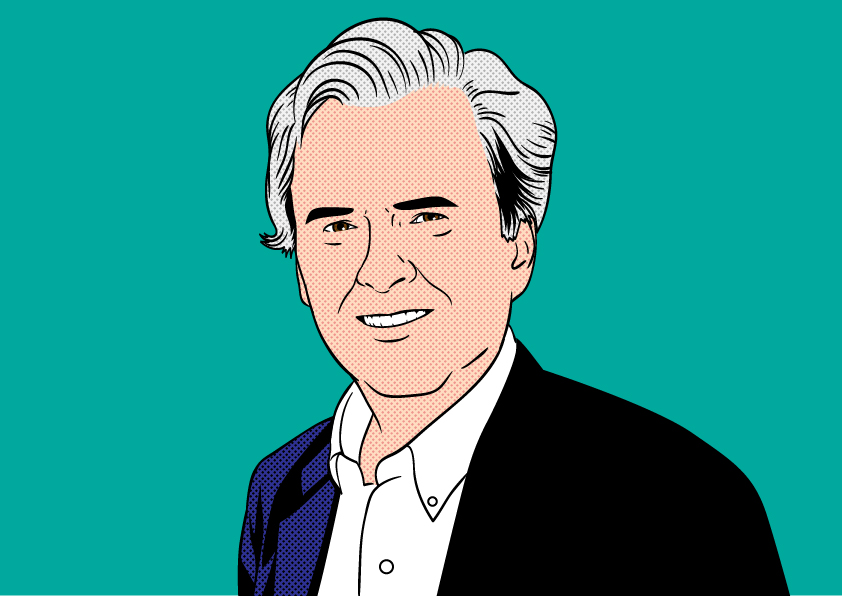Is Member Ownership a Credit Union “Missed Opportunity”?

By Robert McGarvey
It’s a loud, universal credit union mantra: we are not a bank, we are member owned.
Are they really?
Of course credit unions are not shareholder owned, nor are they owned by a proprietor so – sure – on paper they are are indeed cooperatives owned by their members.
But do they walk the talk?
These dark thoughts flooded my mind in a recent conversation with cooperatives researcher Nathan Schneider that resulted in a wide ranging podcast that, ultimately, to my ears is very optimistic about cooperatives, especially new kinds that are forming to serve new needs (platform co-ops and worker owned co-ops for instance).
But at roughly the 15 minute mark Schneider said that many cooperatives drop the ball, with a loud thud, by not stressing that they are in fact a democratically run cooperative because that kind of structure will appeal to a new generation.
“It’s a missed opportunity,” said Schneider who then issued “a challenge to cooperatives to reinvigorate their democratic spirit.”
Credit unions, he’s looking at you.
In fact he said, “that goes for credit unions too.”
“They need to rediscover the power of democratic involvement in these businesses.”
Do you vote in the annual meeting at your credit union? I belong to two and, as I confessed to Schneider in the podcast, I have never voted in a credit union election. Never as in not once.
I am embarrassed by that but I also am sure I am the credit union norm. And that’s very wrong.
I have often voted in annual elections of publicly held companies because they send me a proxy statement. They make it easy for me to vote. And so I have.
I don’t even know when my credit unions’ annual meetings are. I know one is 2500 miles from me. The other is within 10 miles. But I don’t know where or when.
Do credit unions care about the dismal member involvement in governance – keeping in mind we are, per the mantra, member owners?
Nope.
Schneider said that a recent annual meeting of a large Colorado credit union he belongs to, he counted around 30 members in attendance and so he asked the CEO what he was doing to increase member involvement. The CEO’s answer: “Credit unions aren’t like that any more.”
“That’s a big problem,” said Schneider of the indifference to member involvement.
He stressed that member ownership is a huge differentiator from other financial institutions – and yet credit unions aren’t making the most of this difference.
Schneider concluded: “If your main differentiating factor is no longer important, that’s a problem.”
CUNA of course has its “Open Your Eyes to a Credit Union” campaign – where a central plank is member ownership – but what if that ownership adds up a big zero? What if? (Listen to Teresa Freeborn on the CUNA campaign, which she chairs, in this podcast.)
This really is the game. Credit unions are local, they usually offer free checking and lower cost loans, and they are member owned – that’s the three part argument. It’s a great foundation for a marketing campaign. But when member ownership is an unfulfilled promise, the argument crumbles.
Schneider is right. Credit union boards and management need to get serious about raising member participation. When members feel they have the same stake in a credit union that they would have in Chase if they banked there – zilch in other words – credit unions have blown it.
Set a goal. Double member participation in the next meeting. Double the number of votes. Get more members posting about the credit union on Facebook. Let’s see the members acting as owners.
Make it a core business goal to dramatically up member participation. Boards can make this a key consideration in grading a CEO’s performance.
Some credit unions get this. Some allow voting by members online. Some even allow Facebook voting. Bravo.
There are ways to introduce 21st century voting into credit unions and thereby to up member participation.
Most credit unions don’t deploy such tools however. Annual meets are still in person only. In the 21st century! There’s the “missed opportunity.”
But every credit union needs to commit to dramatically upping member involvement in the democratic control of the institution.
Upping member involvement won’t come easily. But this is an obligation that can’t be ducked. Never forget: democratic member control is the 2nd of the Rochdale Principles. “Co-operative societies must have democratic member control. According to the ICA’s Statement on the Co-operative Identity, ‘Co-operatives are democratic organizations controlled by their members, who actively participate in setting their policies and making decisions.’”
That’s not hard to understand.
It may not be that easy to do. But the doing is what will give credit unions a winning proposition.
Talk is cheap.
Democracy isn’t.

